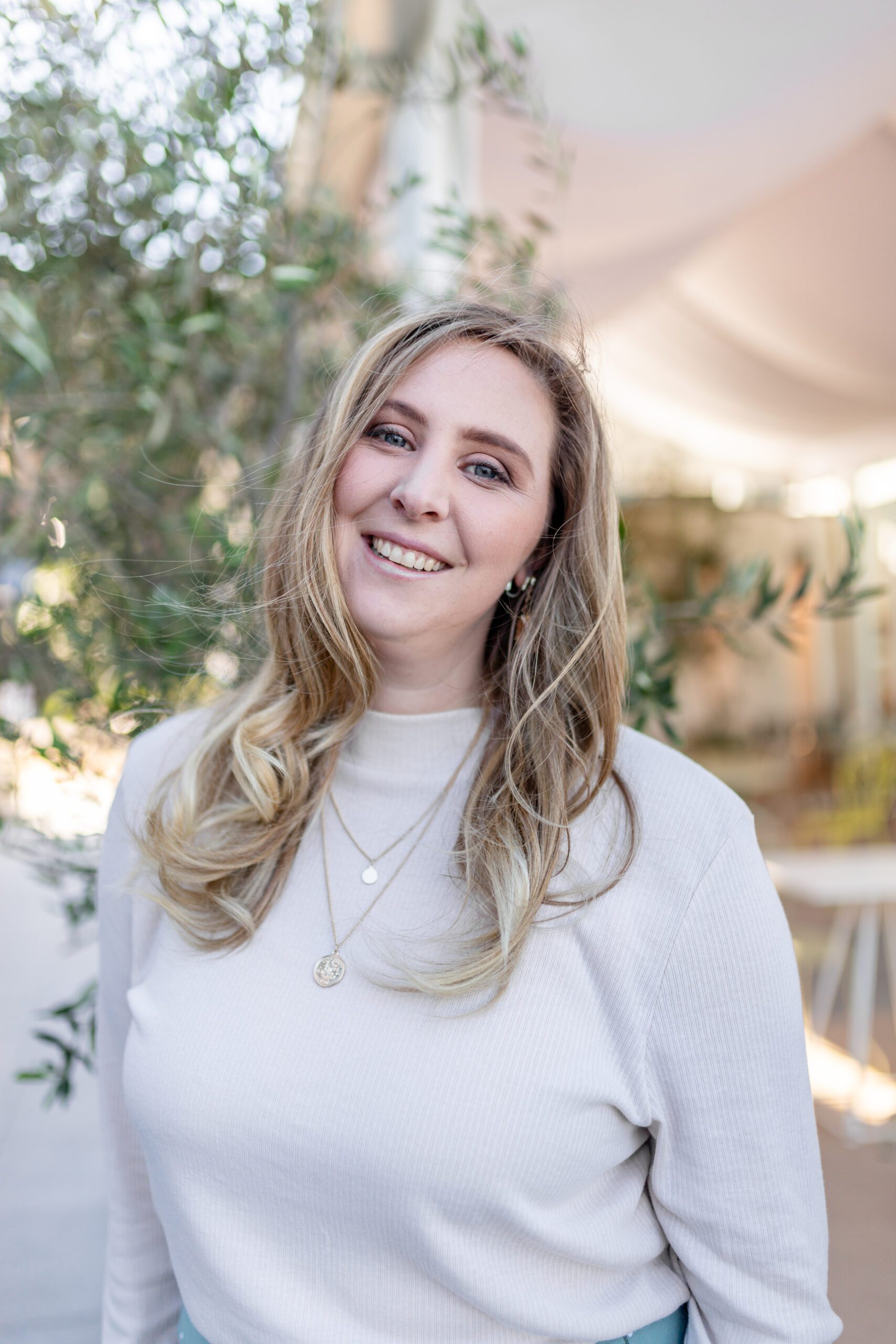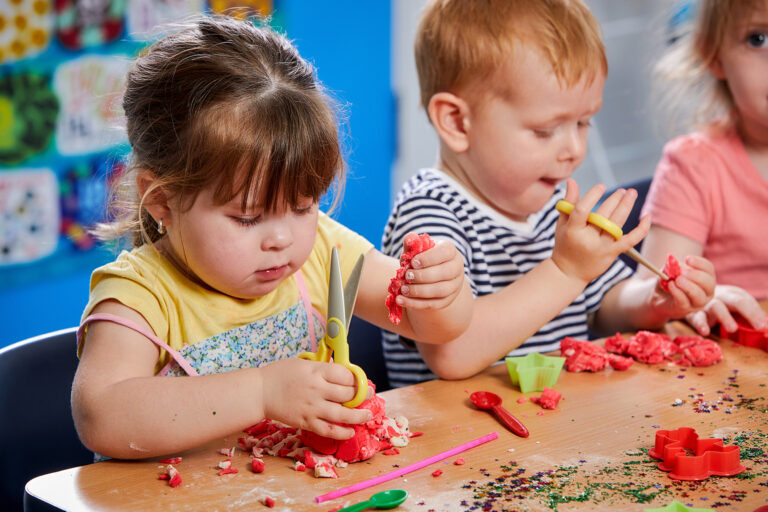
Saturday 17th of February 2024 is Random Acts Of Kindness Day! This annual event was created by the Random Acts of Kindness Foundation (RAK), a nonprofit organization dedicated to establishing kindness as the standard. Random Acts Of Kindness Day aims to enhance mental health and wellbeing, foster community connections and a sense of belonging, encourage empathy and compassion, and inspire change.
There are many benefits of teaching acts of kindness to children.
Research shows that acts of kindness trigger the release of serotonin, a neurotransmitter associated with well-being. This feel-good chemical promotes healing, induces a sense of calm, and contributes to overall happiness (Breazele, 2012).
In another study, approximately half of the participants felt stronger and more energetic after helping others. A significant number also noted an increased sense of calm, reduced feelings of depression, and an increase in self-worth (Carter, 2011).
Furthermore, the positive impacts of kindness extend to onlookers, enhancing their mood and significantly increasing the likelihood of the kindness being reciprocated. A single act of kindness in a busy setting can create a ripple effect, making the day more positive for everyone involved (Zaki, 2016).
How can we teach kindness to children?
Here's a list of 10 activities that not only teach kindness but make for memorable moments of connection and learning:
Incorporating these kind activities into your child's daily life creates lasting memories of shared love and understanding.
References:
Breazeale, R. (2012, November 20). Practicing Acts of Kindness. Psychology Today. https://www.psychologytoday.com/us/blog/in-the-face-adversity/201211/practicing-acts-kindness
Carter, C. (2011). Raising Happiness: 10 Simple Steps for More Joyful Kids and Happier Parents. Ballantine Books.
Zaki, J. (2017, July 26). Kindness Contagion. Scientific American. https://www.scientificamerican.com/article/kindness-contagion/
Centres near you
Search for a centre near you
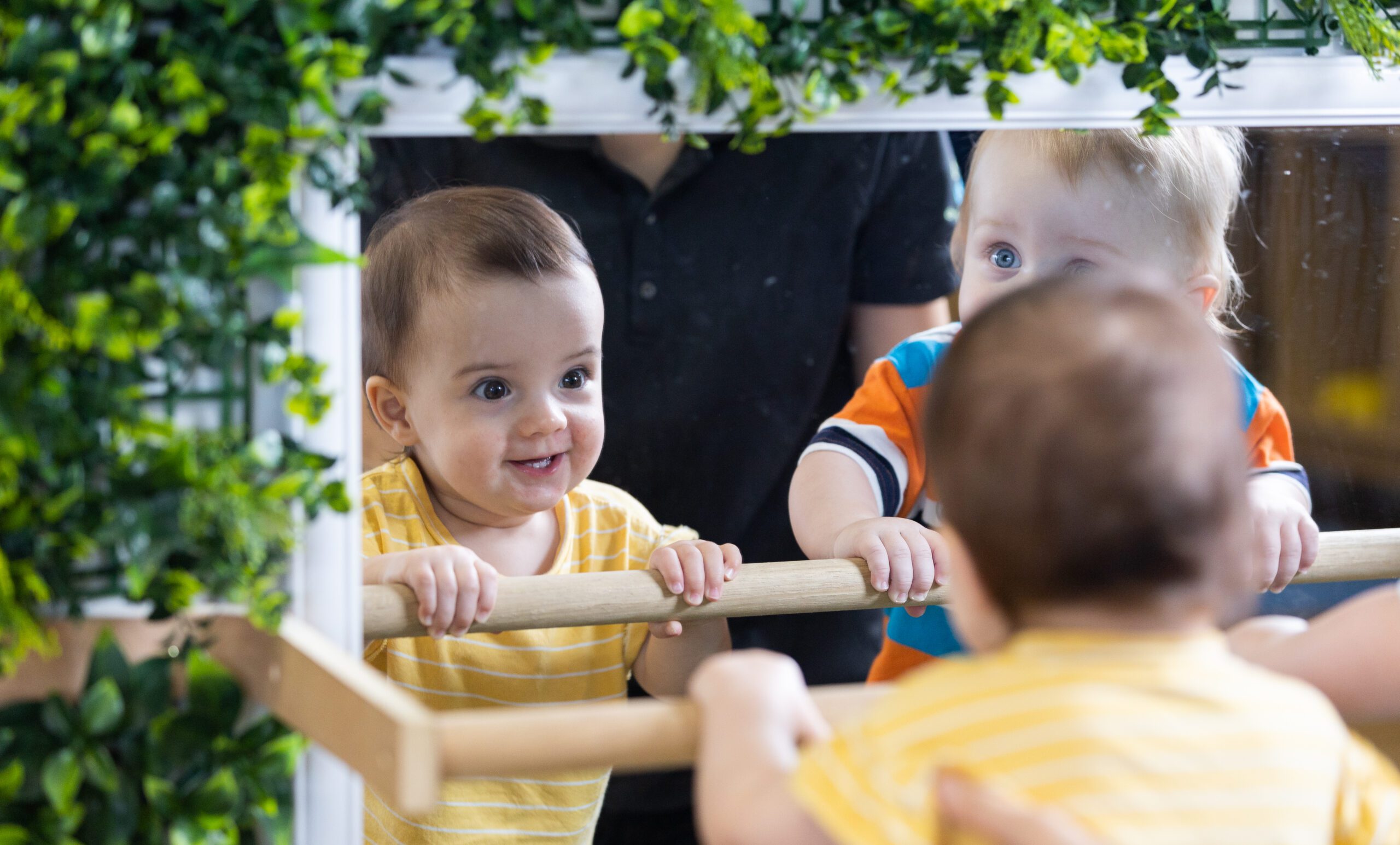
Healthy Beginnings
Babies aged 0-1 years
Your baby will start their lifelong learning journey in a safe, nurturing environment. Educators will:
- Develop strong, positive bonds;
- Encourage confidence to explore new surroundings;
- Spark curiosity through sensory experiences; and
- Establish helpful routines that support health and wellbeing.
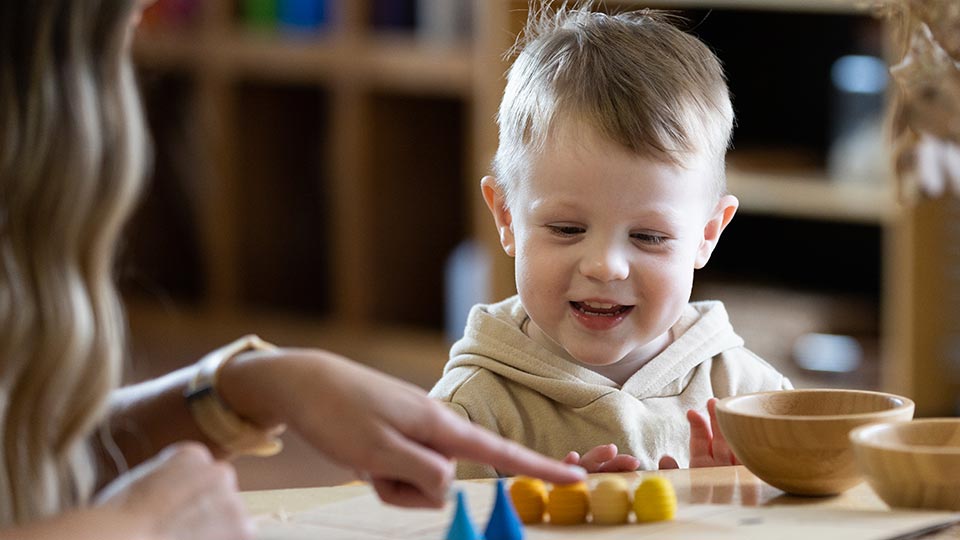
Early Experiences
Toddlers aged 1-3 years
Your toddler will enjoy an exciting environment in which to explore and experiment as their confidence and social skills emerge. Educators will:
- Introduce literacy and numeracy through learning games;
- Support self expression through language skills; and
- Develop social and friendship skills in group settings.
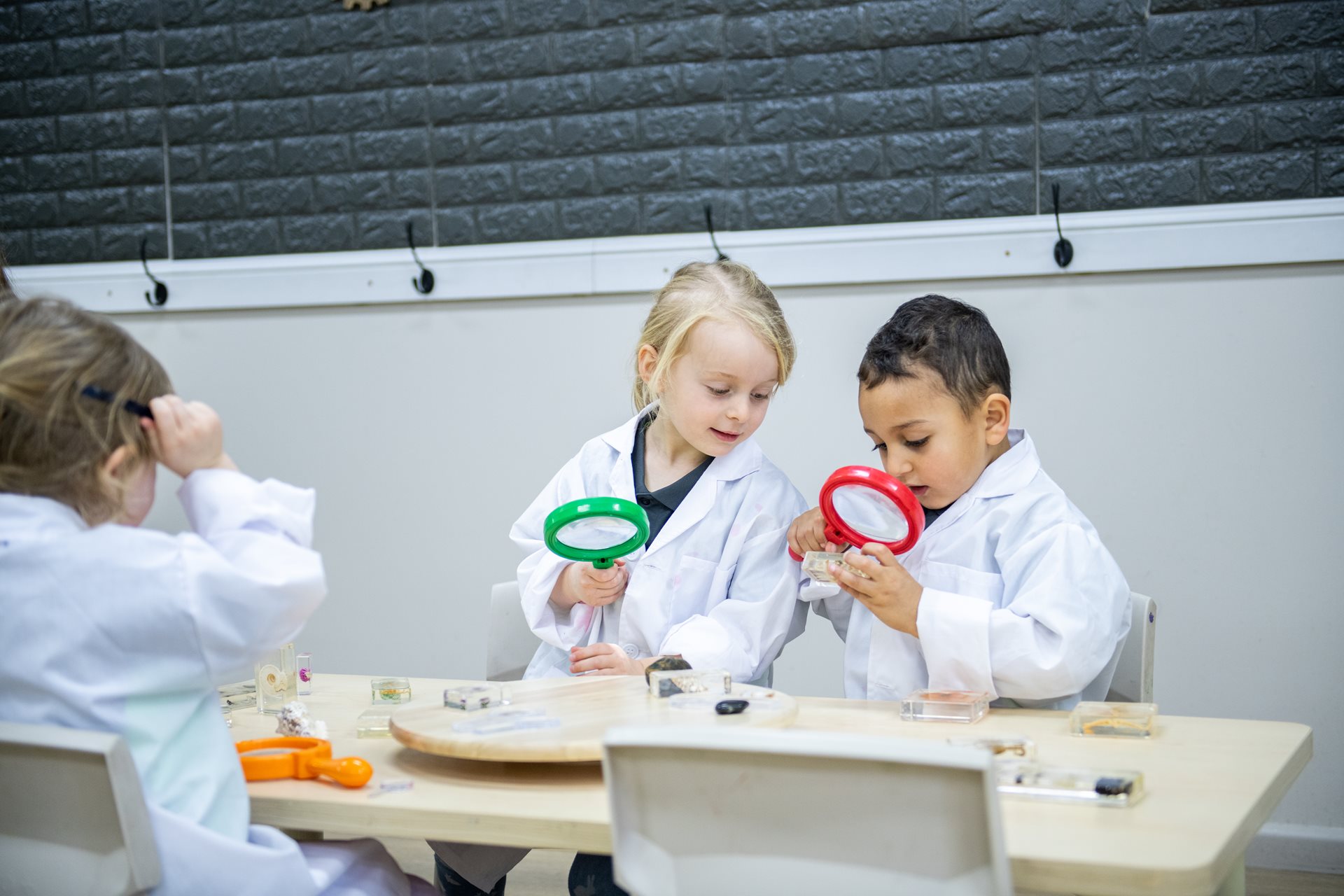
School Readiness
Children aged 3-5 years
Your child will be given the very best start before they begin Primary School where they will delve into enquiry based project work, and literacy and numeracy programs. Educators will:
- Guide self-awareness, self-help skills and socialisation;
- Investigate literacy, mathematics, science, technology and the arts;
- Stimulate creativity, deeper thinking and problem solving; and
- Prepare children for classroom environments through play-based preschool and kindergarten programs.
